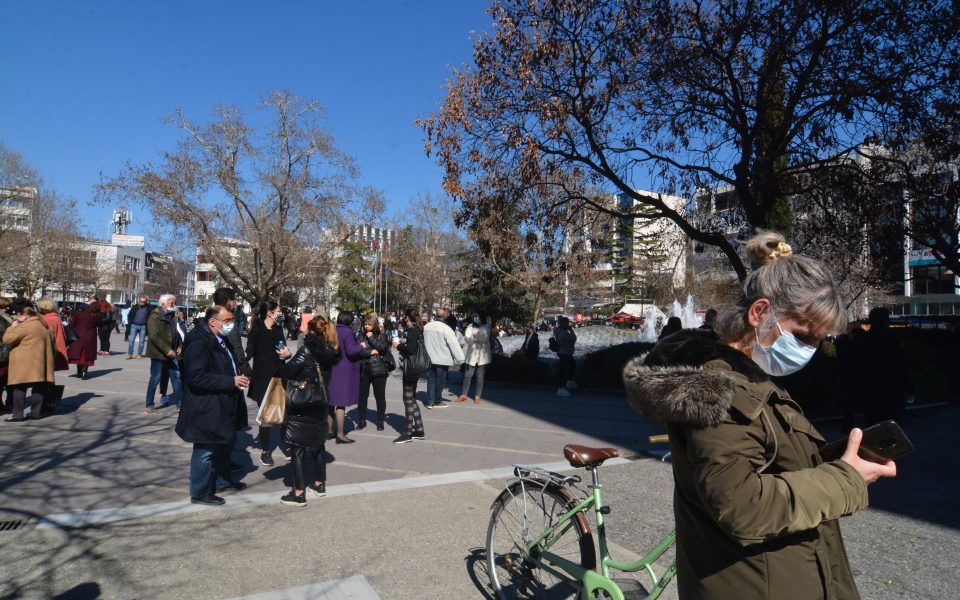The clash between Greek police and Communist-backed demonstrators protesting a concert by the West Point Glee Club, a musical ensemble of the U.S. Military Academy, in Larissa, Greece, underscores the deep-seated tensions surrounding issues of military presence, foreign relations, and international security. This article aims to delve into the complexities of the incident, examining the underlying factors fueling the protests, the implications for Greek-U.S. relations, and the broader implications for global geopolitics.
Historical Context
Greece has a long history of anti-imperialist sentiment and resistance to foreign intervention, rooted in its struggle for independence and sovereignty. Throughout the 20th century, Greece witnessed periods of political upheaval and ideological polarization, shaped by the Cold War dynamics and geopolitical rivalries. The presence of U.S. military bases in Greece, established during the Cold War era, has been a contentious issue, with critics viewing it as a symbol of foreign interference and imperialism.
Protest Dynamics
The recent clashes in Larissa highlight the persistent opposition to U.S. military presence and activities in Greece, particularly among Communist-affiliated groups. Protest organizers from the Greek Communist Party voiced their objections to the concert, citing broader grievances related to Greek military cooperation with the United States, support for Ukraine, and involvement in international security missions. The protest served as a platform to express discontent with perceived infringements on Greek sovereignty and alignment with U.S. foreign policy objectives.
Implications for Greek-U.S. Relations
The tensions surrounding the concert underscore the complexities of Greek-U.S. relations and the challenges of balancing strategic partnerships with domestic sensitivities. While Greece is a NATO ally and has historically maintained close ties with the United States, issues such as military cooperation, base agreements, and geopolitical alignments remain contentious topics. The protest incident has the potential to strain diplomatic relations and necessitate dialogue and diplomacy to address underlying grievances and foster mutual understanding.
Global Geopolitical Dynamics
The protest in Larissa reflects broader geopolitical trends and power dynamics shaping international relations. As global powers vie for influence and strategic interests intersect, countries like Greece navigate complex geopolitical terrain, balancing competing pressures and priorities. The incident underscores the importance of public opinion and grassroots activism in shaping foreign policy decisions and highlights the interconnectedness of local protests with global geopolitical dynamics.
Future Outlook and Policy Considerations
Moving forward, policymakers in Greece and the United States must heed the underlying grievances articulated by protesters and address concerns related to military presence and foreign policy alignment. Constructive engagement, dialogue, and transparency are essential to building trust and fostering cooperation between the two countries. Moreover, efforts to promote cultural exchange and people-to-people diplomacy can help bridge divides and cultivate mutual respect and understanding.
The clash between Greek police and demonstrators protesting the concert by U.S. military cadets in Larissa underscores the multifaceted nature of contemporary geopolitical tensions. By analyzing the underlying dynamics of the protest and its implications for Greek-U.S. relations and global geopolitics, stakeholders can gain insights into the complex interplay of interests, ideologies, and power dynamics shaping international affairs. Moving forward, proactive measures are needed to address grievances, foster dialogue, and promote peaceful cooperation in pursuit of shared goals and mutual prosperity.
